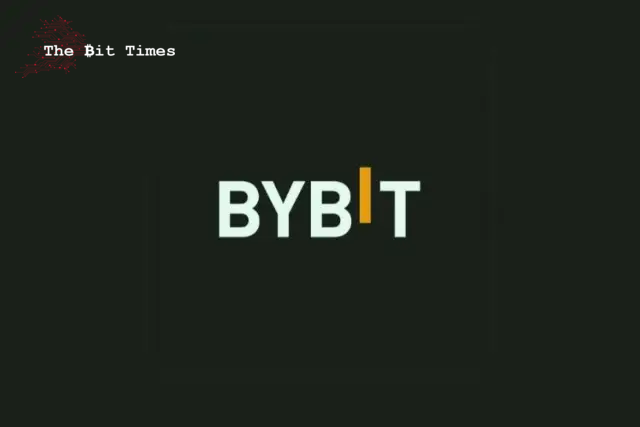Bybit Secures Full UAE Approval to Operate Crypto Services

Bybit, one of the world’s largest cryptocurrency exchanges, has received full regulatory approval from the United Arab Emirates’ Securities and Commodities Authority (SCA). The new licence authorises the company to provide a comprehensive range of virtual asset services across the country, marking a significant milestone in its expansion across the Middle East and reaffirming the UAE’s growing status as a global hub for regulated digital finance.
Full Licence Extends Bybit’s Nationwide Capabilities
The SCA’s Virtual Asset Platform Operator Licence allows Bybit to operate as a fully regulated provider of trading, brokerage, custody, and fiat conversion services for both retail and institutional clients within the UAE.
This development follows an earlier in-principle approval granted in February 2025 and builds upon a provisional non-operational licence issued by Dubai’s Virtual Assets Regulatory Authority (VARA). Unlike the VARA licence, which was limited to Dubai, the SCA’s authorisation enables Bybit to serve clients across all seven Emirates under a unified federal framework.
Bybit becomes one of the first major crypto exchanges to obtain full regulatory clearance from the SCA, reflecting growing trust in its compliance standards, risk management systems, and security infrastructure.
Part of a Broader Regulatory Push
The UAE has been methodically developing a comprehensive regulatory regime for digital assets as part of its ambition to establish itself as a leading fintech destination. Earlier this year, the SCA and VARA announced a cooperation framework designed to harmonise rules and create a single standard for licensing virtual asset service providers.
This alignment aims to simplify procedures, reduce duplication, and enhance regulatory clarity for crypto firms operating in multiple Emirates. Bybit’s new licence directly benefits from this collaborative structure, allowing the firm to consolidate its local operations and pursue broader business objectives in the region.
Security and Compliance Challenges Persist
While the approval represents a major vote of confidence, Bybit still faces significant operational and reputational challenges. Earlier in 2025, the exchange suffered a high-profile cyberattack in which hackers reportedly stole more than $1.4 billion worth of digital assets. The company responded by reimbursing affected customers and strengthening its cybersecurity framework, but the incident highlighted ongoing concerns about the resilience of crypto platforms.
Regulatory approval does not eliminate these risks. Bybit must maintain strict adherence to anti-money laundering and consumer protection standards, as well as demonstrate continuous system integrity. With competition intensifying among global exchanges for market share in the Gulf, sustaining investor trust will depend on transparency, responsiveness, and consistent delivery.
A Boost for the UAE’s Digital Economy
By granting Bybit a full operational licence, the UAE reinforces its ambition to be a regional and international hub for digital finance. The move signals a pragmatic approach to innovation—encouraging growth while embedding clear oversight and accountability.
Industry observers believe this decision could accelerate investment and infrastructure development across the local blockchain ecosystem. More international exchanges and fintech firms may now view the UAE as a credible and well-regulated base for operations, particularly given the country’s favourable business environment and commitment to technological advancement.
Conclusion
Bybit’s full approval from the UAE’s Securities and Commodities Authority grants it the legal authority to provide a complete suite of crypto services nationwide. The licence builds upon earlier approvals from Dubai’s VARA and forms part of a broader effort by UAE regulators to streamline digital asset oversight.
The decision strengthens the UAE’s position as a forward-thinking hub for blockchain and fintech while helping Bybit advance its global compliance strategy. However, the exchange must continue to demonstrate operational resilience and regulatory transparency to maintain momentum in an increasingly competitive and closely scrutinised market.
Comments
Post a Comment